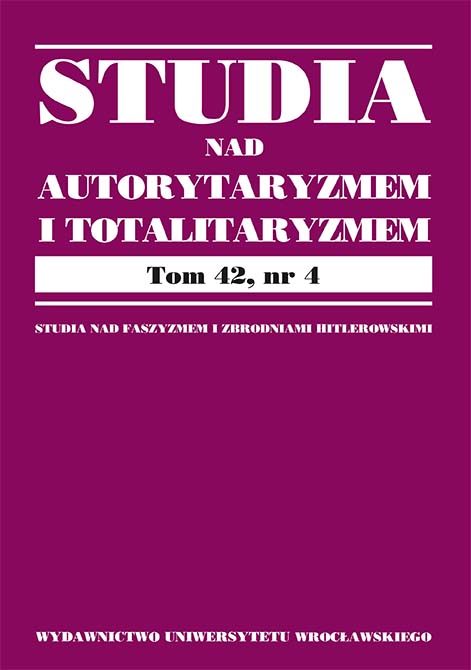

Articles

The trauma after the post-authoritarian, and during a significant period even a totalitarian state, resulted in many institutions functioning at that time in Polish law on the wave of the political transformations of 1989 and the related modifications of the binding legal regulations, being replaced by neoliberal solutions, often as a part of the general tendency to reject post-Soviet accretions and replace them with structures modelled on Western European solutions. This process also included provisions on the limitation of claims. This was manifested i.a. in departing from the model under which the expiry of the limitation period was taken into account by the court ex officio and replacing it with a solution allowing the court to take this circumstance into account only in the event when a plea of limitation is raised by the defendant. This article deals with this issue to show an interesting evolution that has taken place in this area, both in the context of applying the law and subsequent legislative changes. It is deserving of attention because the adopted liberal solution(s) turned out not to fully meet social needs, the courts in their jurisprudence adopted the possibility of assessing whether the defendantʼs plea of limitation does not constitute an abuse of law, and also — at least partially (in terms of claims from consumers pursued by entrepreneurs) — returning to the solution under which the court ex officio considers the expiry of the limitation period of the claim asserted before it. Thus, the liberal structure adopted in 1990 has so far been partially replaced by the solution functioning in the authoritarian system, which was undoubtedly influenced by the caring, pro-social nature of the latter solution, which also fits well with the current populist trends.
Due to the necessity to deal with several aspects within the scope of such deliberations, the text has been divided into two parts. The first one presents the transformation of the aforementioned normative solution made in 1990, as well as the basic aspects related to the functioning of two competing solutions in the discussed issue, i.e. taking into account the expiration of the limitation period of claims by the court ex officio or on the defendantʼs plea. The second part covers the subsequent changes in the functioning of the solution adopted in 1990, up to the indication of the currently applicable regulation in the analysed area, with reflections on the evolution of relevant legal solutions.